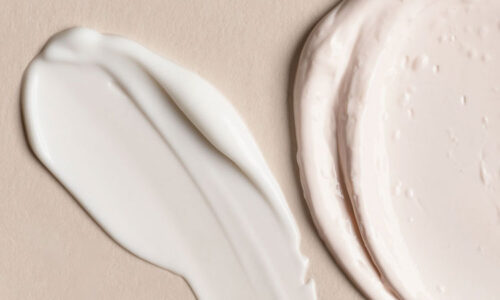
Stress is not good for your Face
Stress can have various effects on the face, and its impact on the skin is particularly notable. Here are some common reactions of stress on the face:
- Acne and Breakouts:
- Stress can lead to an increase in the production of cortisol, a stress hormone. Elevated cortisol levels may stimulate the sebaceous glands to produce more oil, potentially leading to acne and breakouts.
- Skin Sensitivity:
- Stress can make the skin more sensitive and reactive. Individuals may experience redness, itching, or irritation, especially if they have pre-existing skin conditions like eczema or psoriasis.
- Wrinkles and Fine Lines:
- Chronic stress has been associated with accelerated aging. Over time, stress can contribute to the breakdown of collagen and elastin in the skin, leading to the development of wrinkles and fine lines.
- Dull and Tired Appearance:
- Lack of sleep, which is often associated with stress, can result in a tired and dull complexion. Stress can affect the skin’s ability to repair itself during sleep, leading to a less vibrant appearance.
- Under-eye Bags and Dark Circles:
- Stress and lack of sleep can cause blood vessels to dilate, leading to the appearance of dark circles under the eyes. Fluid retention can also contribute to under-eye puffiness.
- Impaired Wound Healing:
- Chronic stress may affect the skin’s ability to heal from wounds, cuts, or injuries. The body’s inflammatory response may be altered, slowing down the healing process.
- Grinding Teeth and Jaw Tension:
- Stress can manifest physically as teeth grinding or jaw clenching, leading to facial tension and potential changes in the jawline.
- Hair Issues:
- Stress may contribute to hair-related problems, including hair loss or changes in hair texture. Conditions like alopecia areata can be triggered or exacerbated by stress.
- Increased Facial Tension:
- Emotional stress can lead to increased facial tension, causing furrowing of the brow, frowning, or other repetitive facial expressions that may contribute to the formation of expression lines.
It’s important to note that the effects of stress on the face can vary among individuals. Additionally, lifestyle factors such as diet, exercise, and skincare habits can influence how the skin responds to stress. Managing stress through relaxation techniques, adequate sleep, and a healthy lifestyle can contribute to better overall skin health. If stress-related skin issues persist or worsen, it’s advisable to consult with a dermatologist or healthcare professional for personalized advice and treatment options.

